CLASSROOM MANAGEMENT IN WORKING WITH DEFFERENT AGES
5000 so'm
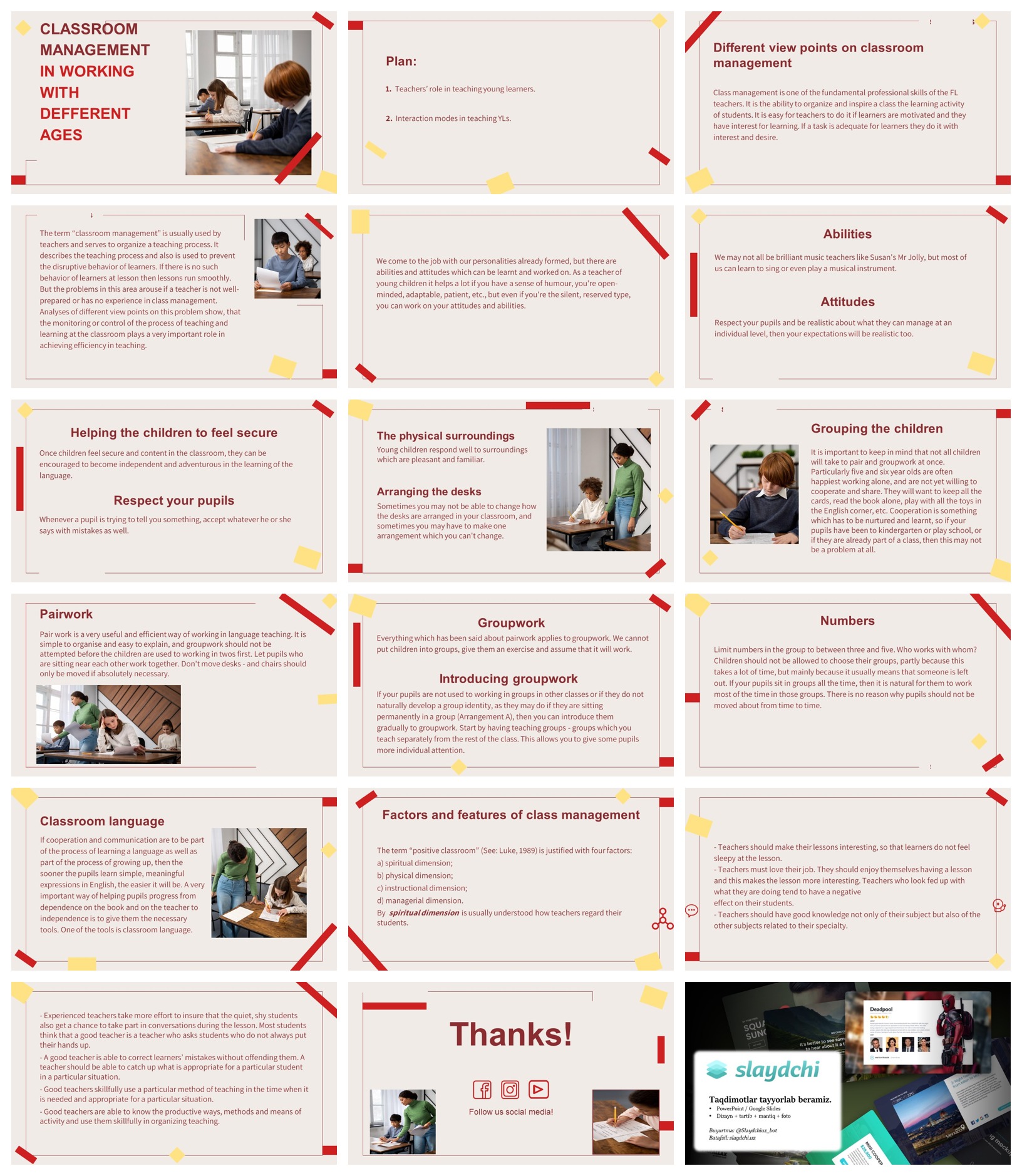
Slayd 1
CLASSROOM MANAGEMENT IN WORKING WITH DEFFERENT AGES
Slayd 2
Plan:
1. Teachers’ role in teaching young learners.
2. Interaction modes in teaching YLs.
Slayd 3
Different view points on classroom management
Class management is one of the fundamental professional skills of the FL teachers. It is the ability to organize and inspire a class the learning activity of students. It is easy for teachers to do it if learners are motivated and they have interest for learning. If a task is adequate for learners they do it with interest and desire.
Slayd 4
The term “classroom management” is usually used by teachers and serves to organize a teaching process. It describes the teaching process and also is used to prevent the disruptive behavior of learners. If there is no such behavior of learners at lesson then lessons run smoothly. But the problems in this area arouse if a teacher is not well-prepared or has no experience in class management. Analyses of different view points on this problem show, that the monitoring or control of the process of teaching and learning at the classroom plays a very important role in achieving efficiency in teaching.
Slayd 5
We come to the job with our personalities already formed, but there are abilities and attitudes which can be learnt and worked on. As a teacher of young children it helps a lot if you have a sense of humour, you’re open-minded, adaptable, patient, etc., but even if you’re the silent, reserved type, you can work on your attitudes and abilities.
Slayd 6
We may not all be brilliant music teachers like Susan’s Mr Jolly, but most of us can learn to sing or even play a musical instrument.
Respect your pupils and be realistic about what they can manage at an individual level, then your expectations will be realistic too.
Abilities
Attitudes
Slayd 7
Once children feel secure and content in the classroom, they can be encouraged to become independent and adventurous in the learning of the language.
Whenever a pupil is trying to tell you something, accept whatever he or she says with mistakes as well.
Helping the children to feel secure
Respect your pupils
Slayd 8
The physical surroundings
Young children respond well to surroundings which are pleasant and familiar.
Arranging the desks
Sometimes you may not be able to change how the desks are arranged in your classroom, and sometimes you may have to make one arrangement which you can’t change.
Slayd 9
Grouping the children
It is important to keep in mind that not all children will take to pair and groupwork at once. Particularly five and six year olds are often happiest working alone, and are not yet willing to cooperate and share. They will want to keep all the cards, read the book alone, play with all the toys in the English corner, etc. Cooperation is something which has to be nurtured and learnt, so if your pupils have been to kindergarten or play school, or if they are already part of a class, then this may not be a problem at all.
Slayd 10
Pairwork
STRATEGIES
Pair work is a very useful and efficient way of working in language teaching. It is simple to organise and easy to explain, and groupwork should not be attempted before the children are used to working in twos first. Let pupils who are sitting near each other work together. Don’t move desks – and chairs should only be moved if absolutely necessary.
Slayd 11
Groupwork
Everything which has been said about pairwork applies to groupwork. We cannot put children into groups, give them an exercise and assume that it will work.
If your pupils are not used to working in groups in other classes or if they do not naturally develop a group identity, as they may do if they are sitting permanently in a group (Arrangement A), then you can introduce them gradually to groupwork. Start by having teaching groups – groups which you teach separately from the rest of the class. This allows you to give some pupils more individual attention.
Introducing groupwork
Slayd 12
Limit numbers in the group to between three and five. Who works with whom? Children should not be allowed to choose their groups, partly because this takes a lot of time, but mainly because it usually means that someone is left out. If your pupils sit in groups all the time, then it is natural for them to work most of the time in those groups. There is no reason why pupils should not be moved about from time to time.
Numbers
Slayd 13
Classroom language
If cooperation and communication are to be part of the process of learning a language as well as part of the process of growing up, then the sooner the pupils learn simple, meaningful expressions in English, the easier it will be. A very important way of helping pupils progress from dependence on the book and on the teacher to independence is to give them the necessary tools. One of the tools is classroom language.
Slayd 14
The term “positive classroom” (See: Luke, 1989) is justified with four factors:
a) spiritual dimension;
b) physical dimension;
c) instructional dimension;
d) managerial dimension.
By spiritual dimension is usually understood how teachers regard their students.
Factors and features of class management
Slayd 15
– Teachers should make their lessons interesting, so that learners do not feel sleepy at the lesson.
– Teachers must love their job. They should enjoy themselves having a lesson and this makes the lesson more interesting. Teachers who look fed up with what they are doing tend to have a negative
effect on their students.
– Teachers should have good knowledge not only of their subject but also of the other subjects related to their specialty.
Slayd 16
– Experienced teachers take more effort to insure that the quiet, shy students also get a chance to take part in conversations during the lesson. Most students think that a good teacher is a teacher who asks students who do not always put their hands up.
– A good teacher is able to correct learners’ mistakes without offending them. A teacher should be able to catch up what is appropriate for a particular student in a particular situation.
– Good teachers skillfully use a particular method of teaching in the time when it is needed and appropriate for a particular situation.
– Good teachers are able to know the productive ways, methods and means of activity and use them skillfully in organizing teaching.
Slayd 17
Thanks!
Follow us social media!
Slayd 18
Foydali havolalar
🛒 Barcha taqdimotlar | 📰 Yangiliklar | ℹ️ Biz haqimizda
| 5 |
|
0 |
| 4 |
|
0 |
| 3 |
|
0 |
| 2 |
|
0 |
| 1 |
|
0 |



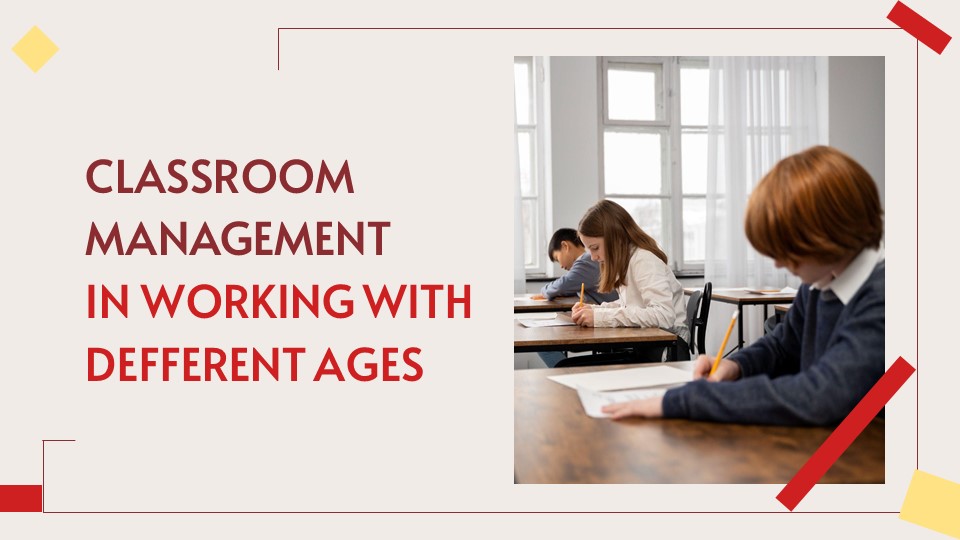
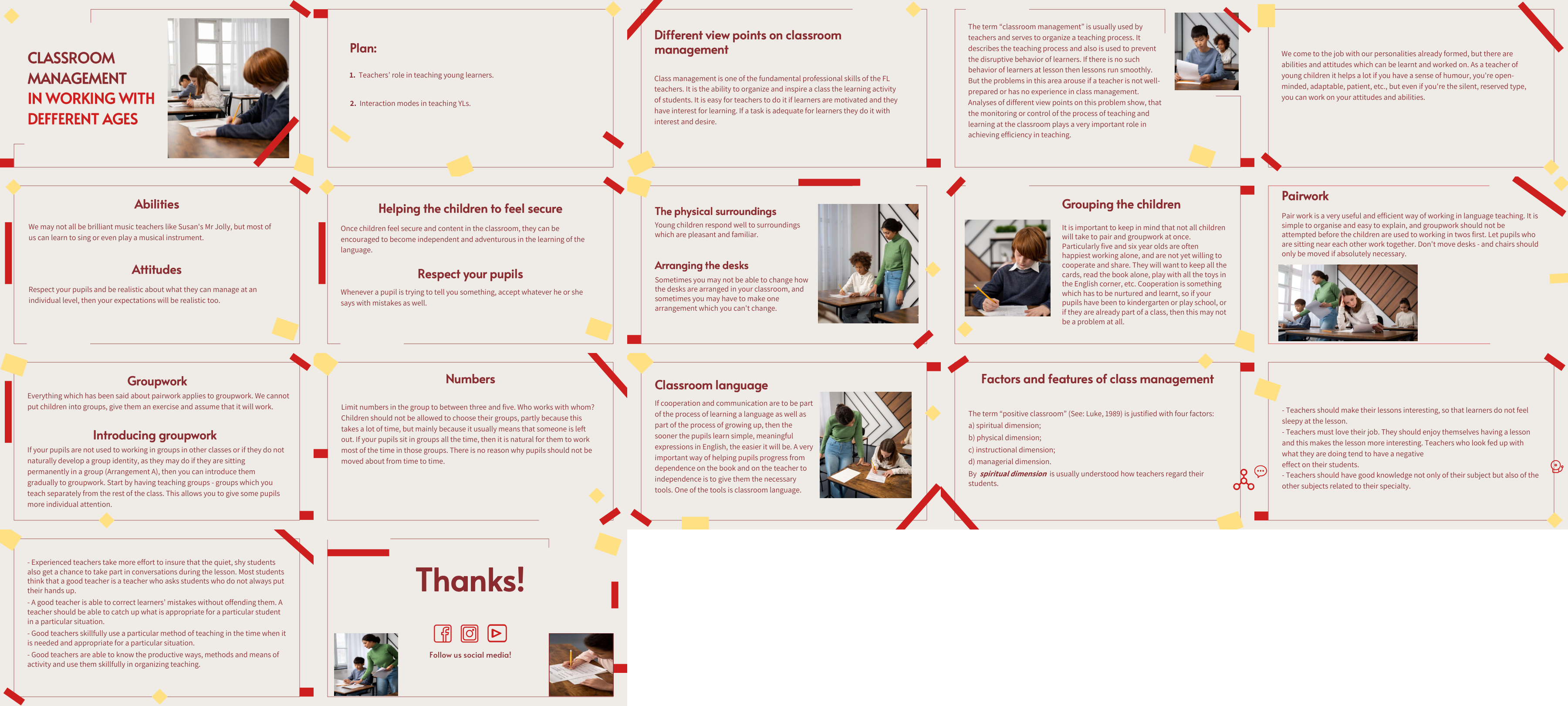



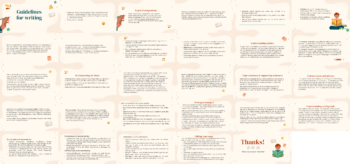

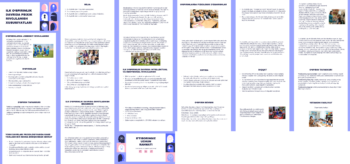
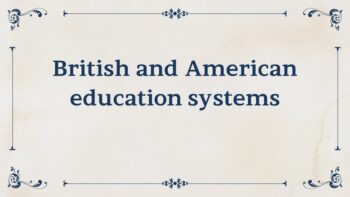

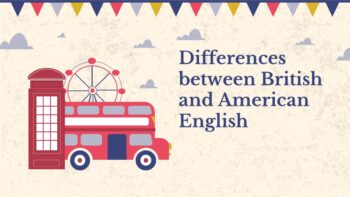

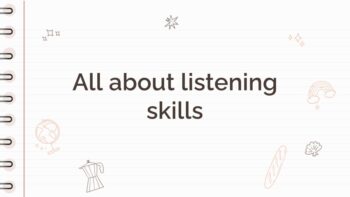
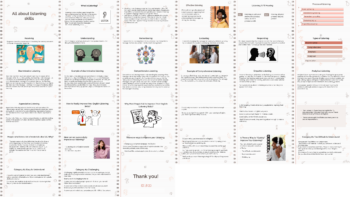
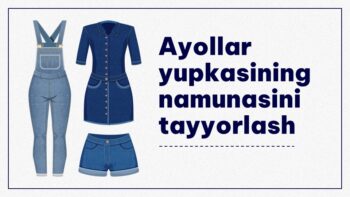

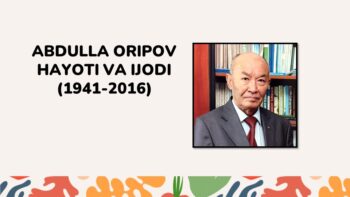


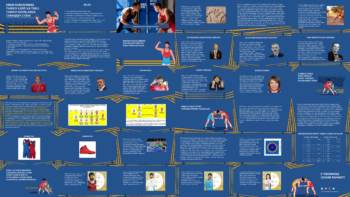
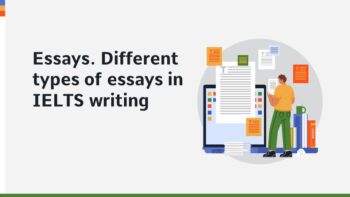
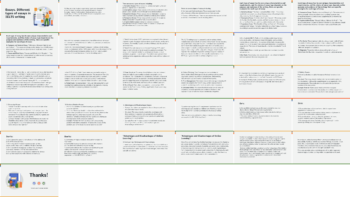
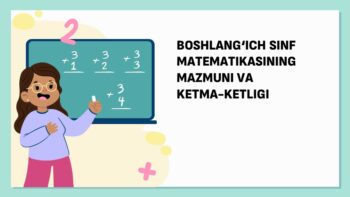
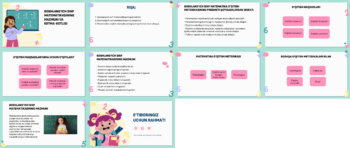


Sharhlar
Hali sharhlar mavjud emas.